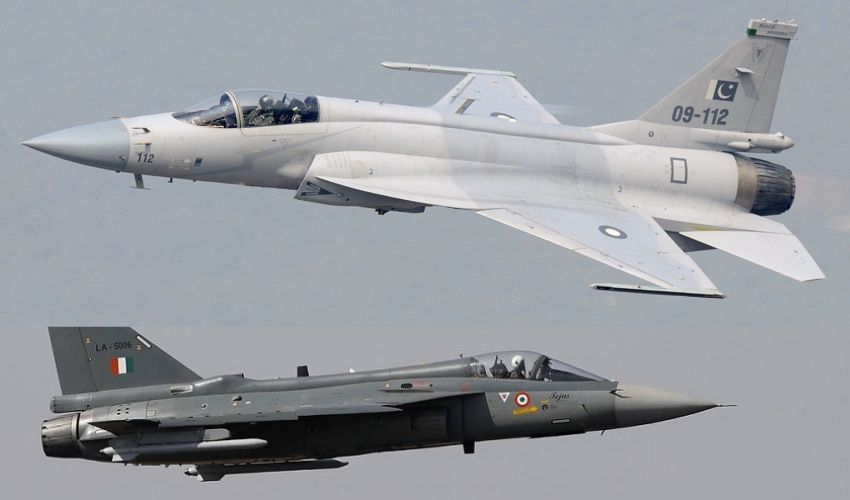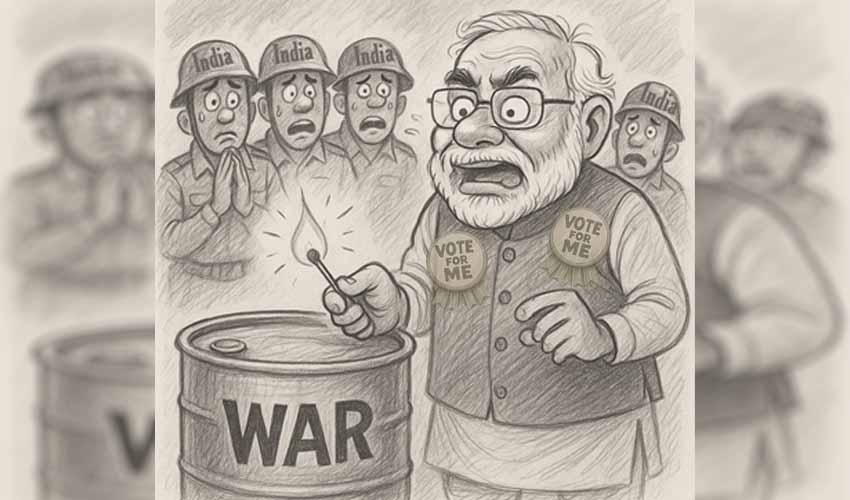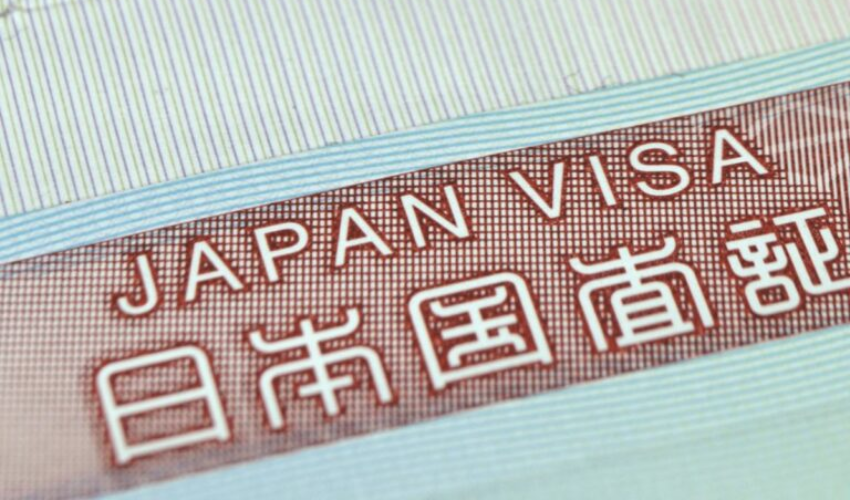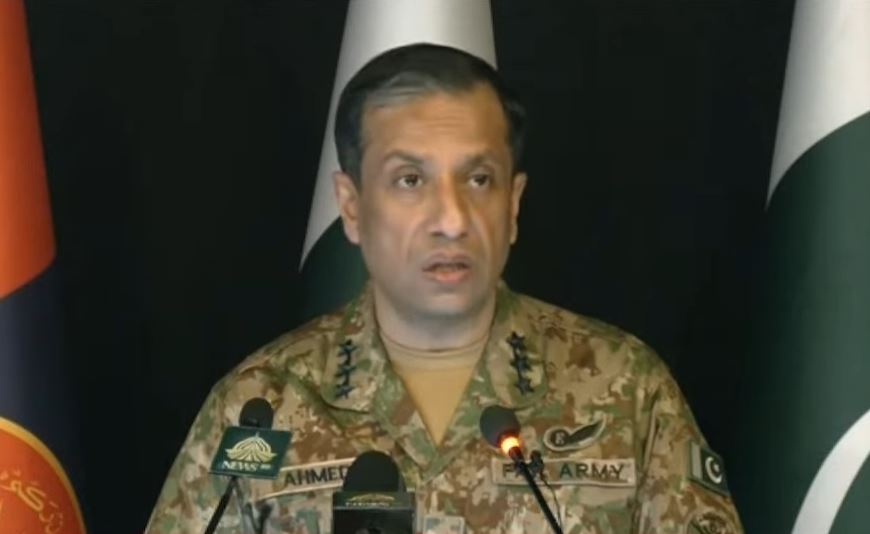In the face of provocations from across the border, national unity has become a necessity. From the false flag operation in Pahalgam to the reckless suspension of the Indus Water Treaty, and from orchestrating proxy attacks inside Pakistan to the vandalization of the Pakistan High Commission in London, every hostile move by India has inadvertently strengthened Pakistan’s resolve. Instead of sowing discord, these provocations have apparently triggered rare solidarity among the political divide. Even forums like the Council of Common Interests, usually reserved for internal debates, have spoken with one voice, sending a clear message of national unity. At the same time, it also means the developing situation is serious and extraordinary.
The text and unusual tone of the statement issued after the CCI meeting speak volumes of the anger over New Delhi’s consistent and repeated attempts at harming Pakistan. While the participants highlighted Islamabad’s commitment to peace, they hoped for sanity to prevail across the border. Words like "illegal", "irresponsible", "right to defend", "hostile country", and "national solidarity" are not casually used at such high forums. Their rare usage only suggests the need to draw red lines publicly.
The Senate mirroring the sentiments without any party line is a welcome sight. It was pleasantly surprising to see the Pakistan Tehreek-e-Insaf locking its hatred away and urging the government to call an all-parties conference to prepare a collective response to external threats. India apparently sought to stir chaos after the staged violence in Pahalgam, but instead its aggression became a blessing in disguise and drew the fragmented political elite to the same table. This is something the masses have not seen in a long time, and perhaps would not have witnessed at all had it not been for India.
After facing repeated backfires, if India still chooses to continue getting involved in misadventures, it must not cry foul when it finds itself burned by the same fire it started
It would not be wrong to call this national unity a victory in itself for the country. The entire state apparatus stands aligned on a single point that India's recent moves cannot be tolerated. By repeatedly calling for dialogue and offering help in investigating the Pahalgam shootout to deescalate tensions, Pakistan has given a clear message that peace remains its first choice, but it is not the only choice.
New Delhi must see that there is still emotional restraint in Islamabad. However, strategic patience is clearly wearing thin. After facing repeated backfires, if India still chooses to continue getting involved in misadventures, it must not cry foul when it finds itself burned by the same fire it started.


























